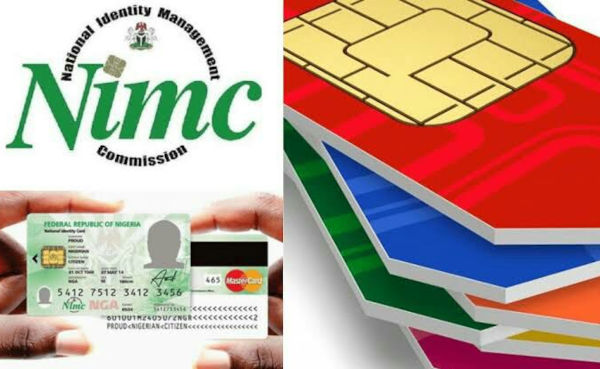Early April, the Uganda’s president, Yoweri Museveni said that he would introduce tax to social media usage in the country, alleging that, since they are used for “lugambo†(gossip). In what looks like a dreadfully scripted sitcom, the proposal was pushed to parliament. Yesterday, in evening, the Excise Duty (Amendment) Bill, 2018 was passed bringing into effect, social media usage taxation as well as mobile money taxation.
Uganda is a country with low internet penetration, recording just 31% penetration towards the end of 2017. Such move would definitely be a very big obstacle to grow this number, but the government failed to see it that way. The administration argue that the new taxes will generate more revenue and broaden the tax base – apparently, the government does not have “a money minting machine.â€
Optional Social Media Tax
Ugandans will from July 1st, be required to pay UGX.200, daily, to access social media services such as WhatsApp, Facebook, Instagram and Snapchat. This move had been highly criticized as ‘diversionary, deceptive, injurious to individual freedoms and burdensome’ by human rights defenders and opposition leaders.
Some members of parliament also said that the social media tax would stifle the flow of information but this did not seem to move the majority. Hon. Bahati David, Uganda Minister of Finance for Planning, clarified that “the tax is not on data but on the service… If you don’t access social media for a day, you don’t pay.†The same sentiments were echoed by Member of Parliament and Minister for Health, Hon James Kakooza who said, “if you want you pay, if you do not want, you don’t use it.†Making it clear that those who are against the social media tax, will not have access to these services.
1% Mobile Money Tax
The other knock on the head was delivered when the congress approved 1% taxation on the value of all mobile money transactions, i.e., withdrawals, payments and transfers. This comes just after the Uganda Communications Commission placed a ban on all airtime scratch cards in Uganda as from June 30, 2018, asking consumers to purchase airtime via electronic means which highly rely on mobile money.
In spite of the numerous calls from the opposition that taxing mobile money transactions would have a negative effect on the poor, the government insisted that taxes have to be paid if government services have to be delivered.
With a parting shot from Hon. Bahati David, “The poor want free healthcare, free education, free roads, etc. Their appetite for good services should be matched with the capacity to pay taxes.â€




























